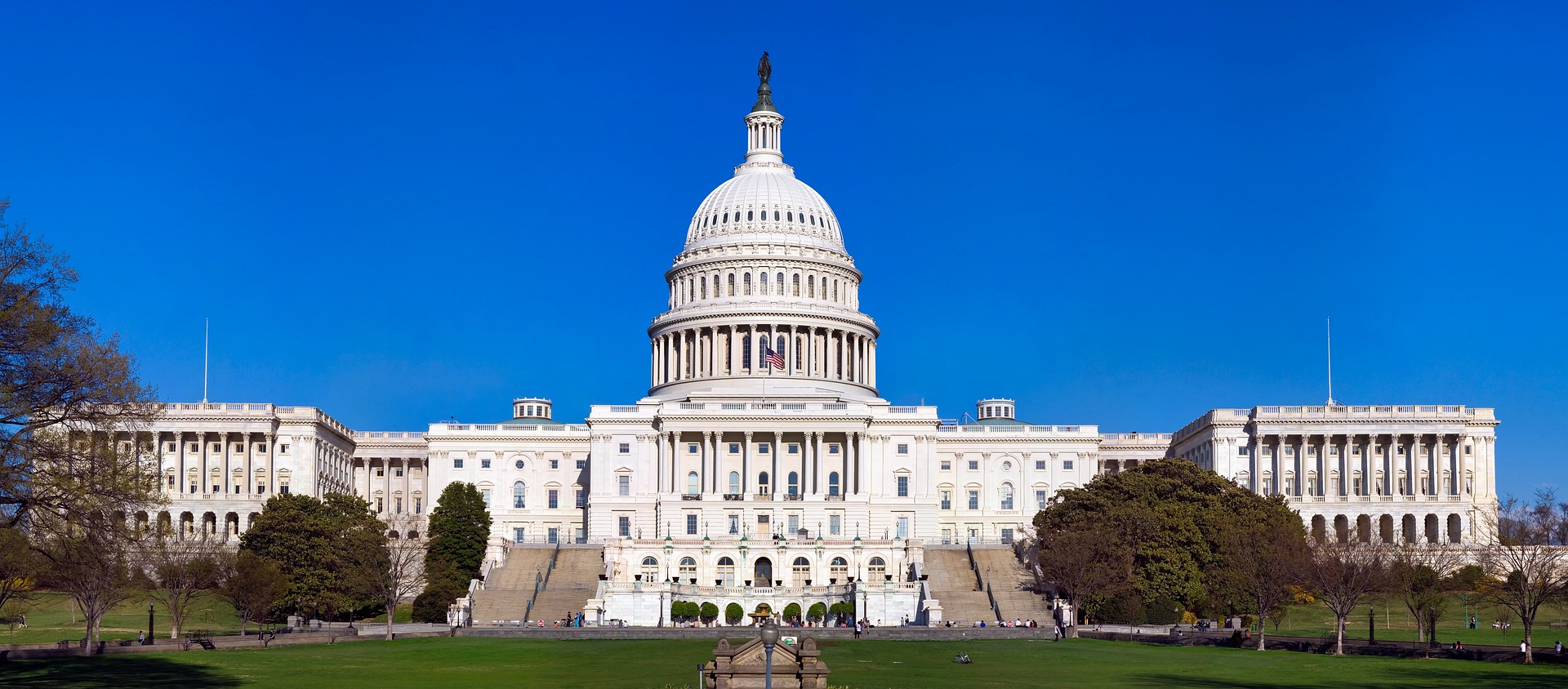New SAFER Act Seeks to Fix Decades of SCOTUS Narrowing of Students’ Civil Rights
 Federal legislators have introduced a bill to correct absurdities in anti-discrimination law that ensure institutions are rarely held liable for egregious acts of discrimination on their campuses. As things currently stand, a school district cannot be held liable for an on-campus rape of a student even if the student had previously been harassed by the assailant and told her teacher about the harassment, but the teacher failed to report it to the right administrator at the school. Even where students can bring legal claims against their schools for the school’s failure to properly address sexual harassment, they may well walk away from such a lawsuit empty handed because plaintiffs cannot recover punitive damages and may not be able to recover emotional distress damages in civil rights lawsuits in the education context. Imagine this: a college knows that it employs a professor who has assaulted countless students over many years. The professor sexually assaults another student on campus. Despite suffering extreme mental health consequences from the assault, the student manages to stay in school and graduate on time. If the student sues the school, a court could decide that even though the school has violated the student’s rights under Title IX, the student is not entitled to any damages for the harm the school has caused. CONTINUE READING ›
Federal legislators have introduced a bill to correct absurdities in anti-discrimination law that ensure institutions are rarely held liable for egregious acts of discrimination on their campuses. As things currently stand, a school district cannot be held liable for an on-campus rape of a student even if the student had previously been harassed by the assailant and told her teacher about the harassment, but the teacher failed to report it to the right administrator at the school. Even where students can bring legal claims against their schools for the school’s failure to properly address sexual harassment, they may well walk away from such a lawsuit empty handed because plaintiffs cannot recover punitive damages and may not be able to recover emotional distress damages in civil rights lawsuits in the education context. Imagine this: a college knows that it employs a professor who has assaulted countless students over many years. The professor sexually assaults another student on campus. Despite suffering extreme mental health consequences from the assault, the student manages to stay in school and graduate on time. If the student sues the school, a court could decide that even though the school has violated the student’s rights under Title IX, the student is not entitled to any damages for the harm the school has caused. CONTINUE READING ›
 Boston Lawyer Blog
Boston Lawyer Blog






